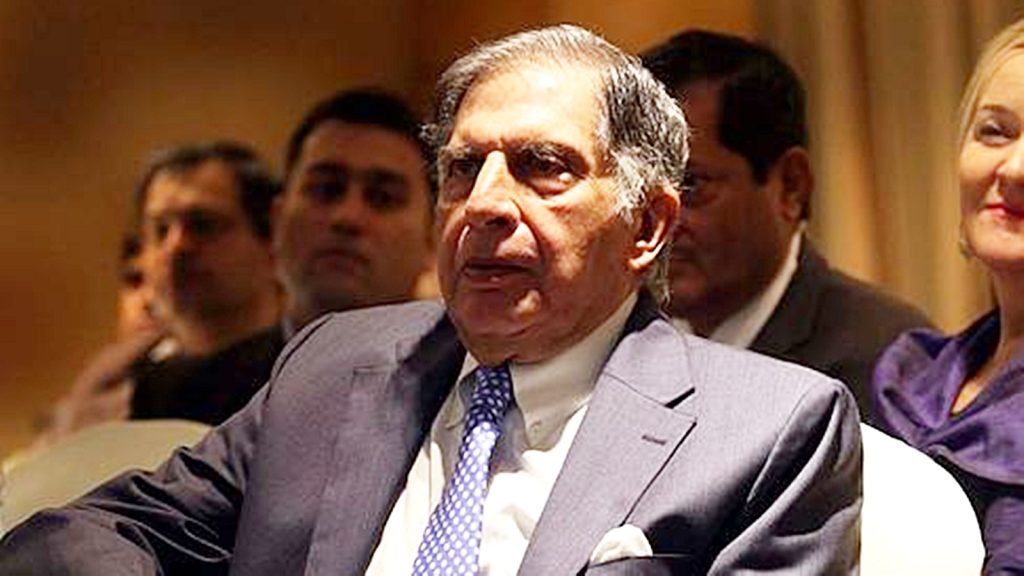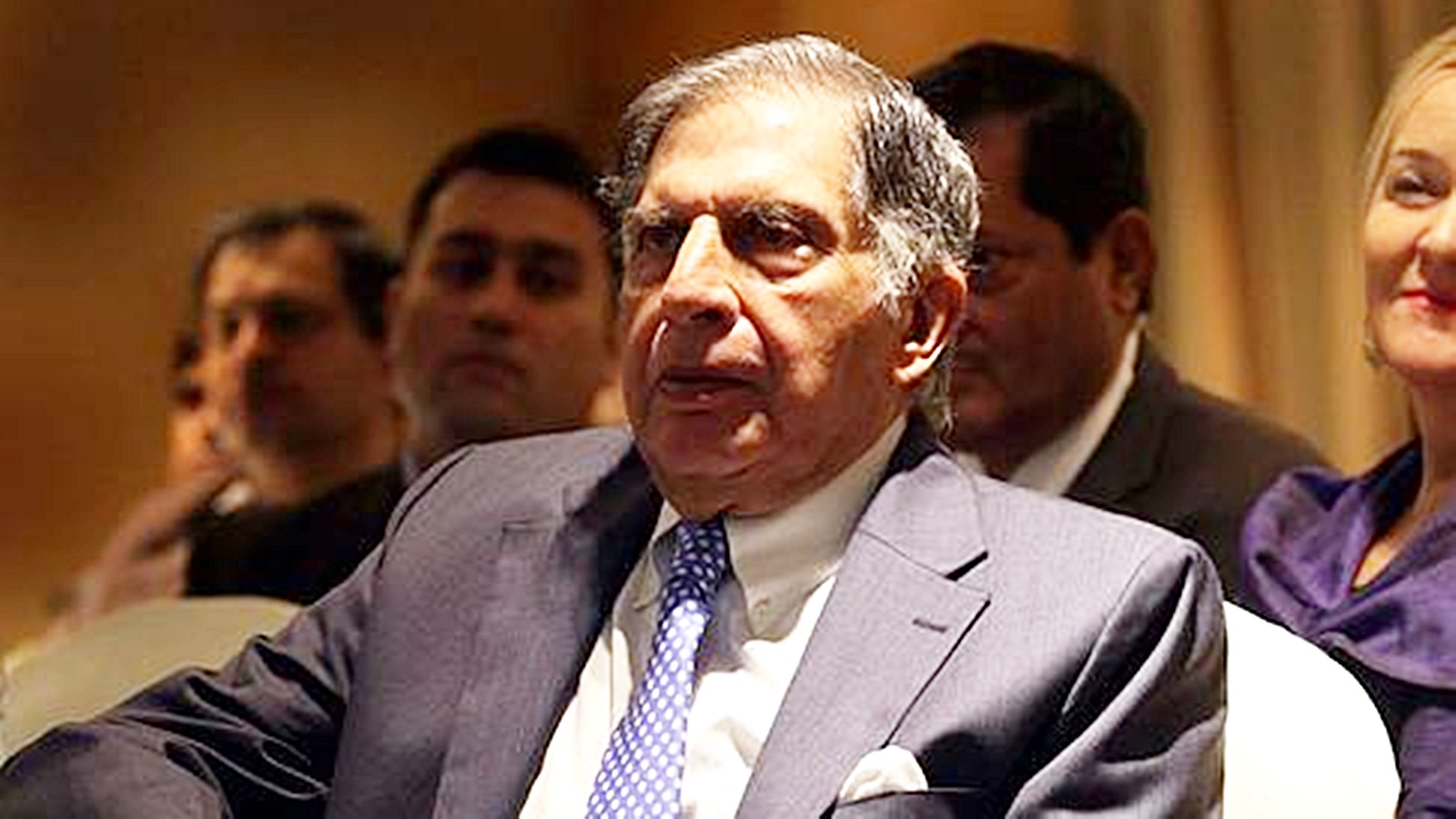Ratan Tata: A Legacy of Excellence and Leadership

Ratan Tata, one of India’s most respected business leaders, passed away today, leaving behind a monumental legacy in the corporate world and beyond. Born into one of the country’s most prestigious business families, Tata was much more than a successful industrialist—he was a visionary who transformed the Tata Group into a global enterprise, uplifted Indian industry, and made significant contributions to philanthropy. His death marks the end of an era, but his influence will continue to shape India’s future for generations to come.
Early Life and Family Background
Ratan Naval Tata was born on December 28, 1937, into the prominent Tata family, which had already established itself as a leading name in Indian industry. He was the son of Naval Tata and Sooni Tata, and a great-grandson of Jamsetji Tata, the founder of the Tata Group. Despite being born into wealth and privilege, Ratan Tata had a humble and disciplined upbringing.
After his parents separated when he was just ten years old, he and his brother, Jimmy Tata, were raised by their grandmother, Lady Navajbai Tata. His early life was marked by the strong influence of his grandmother, who instilled in him the values of hard work, humility, and social responsibility—principles that would guide his future business decisions.
Ratan Tata studied at the prestigious Campion School in Mumbai and then pursued higher education at Cornell University, where he earned a degree in architecture and structural engineering in 1962. He later completed the Advanced Management Program at Harvard Business School in 1975, setting the stage for his eventual leadership of the Tata Group.
Personal Life and Family
Despite his immense success in business, Ratan Tata led a very private life. He remained unmarried throughout his life, often stating that he came close to marrying four times but decided against it for various reasons. He is survived by his brother Jimmy Tata and other extended family members within the Tata lineage. His family and personal relationships were often overshadowed by his intense focus on the growth and development of the Tata Group, as well as his philanthropic work.
Achievements and Contributions to Business
Ratan Tata’s professional journey began when he joined the Tata Group in 1961. Starting in the less glamorous areas of the company—working on the shop floor of Tata Steel in Jamshedpur—he quickly rose through the ranks due to his sharp intellect, work ethic, and commitment to innovation. He officially became the chairman of Tata Sons, the holding company of the Tata Group, in 1991, succeeding J.R.D. Tata. Under his leadership, the Tata Group expanded its operations across the globe and achieved new heights of success.
Key Achievements in Business
- Expansion into Global Markets: Under Ratan Tata’s leadership, the Tata Group ventured into global markets, acquiring international brands like Tetley Tea, Jaguar Land Rover, and Corus Steel. These acquisitions elevated Tata Group’s status as a global player.
- Introduction of the Tata Nano: In 2008, Tata introduced the Tata Nano, an affordable car designed for the common Indian family. Though not commercially successful, the project symbolized his dedication to providing solutions to societal problems, particularly in terms of affordable transportation.
- Transformation of Tata Consultancy Services (TCS): TCS became one of the most successful IT services companies in the world under Ratan Tata’s leadership, contributing massively to the growth of India’s tech sector.
- Growth of Tata Motors: Tata Motors, the automotive arm of the group, grew exponentially during his tenure, thanks to the acquisition of Jaguar Land Rover and the development of indigenous vehicle technologies.
- Philanthropy and Social Impact: True to the Tata legacy, Ratan Tata has been a staunch supporter of philanthropy. Over two-thirds of the profits earned by Tata companies have been reinvested into social causes through the Tata Trusts, supporting education, healthcare, and rural development across India.
Retirement and Later Years
Ratan Tata officially retired as chairman of Tata Sons in December 2012, passing the baton to his successor, Cyrus Mistry. However, even in retirement, he remained active, especially in the philanthropic sphere. He also became an angel investor, backing a number of startups, particularly in the tech space, fostering innovation and entrepreneurship among young Indian talent.
One of Tata’s defining traits in his later years was his continued engagement in charitable and humanitarian efforts. He frequently emphasized that businesses should have a larger purpose beyond making profits, something he practiced throughout his career. His leadership style, characterized by humility and a long-term vision for society’s benefit, became a model for responsible business practices worldwide.
Legacy
Ratan Tata’s legacy extends far beyond the realm of business. As the leader of one of the largest and most influential business conglomerates in India, he transformed the Tata Group into a global powerhouse while staying true to the ethical principles and social responsibility that have always defined the Tata name.
He has been honored with numerous awards, including the prestigious Padma Vibhushan and Padma Bhushan, two of India’s highest civilian honors. His contributions to industry, philanthropy, and nation-building make him an iconic figure in Indian history.
Notable Awards and Honors:
- Padma Bhushan (2000)
- Padma Vibhushan (2008)
- Honorary Knight Commander of the Order of the British Empire (2009)
- Ernst & Young Entrepreneur of the Year – Lifetime Achievement Award (2021)
Ratan Tata will be remembered as a pioneer, a visionary, and a leader who always believed in the betterment of society through responsible business practices. His work has inspired countless entrepreneurs and leaders not only in India but across the world.
Ratan Tata’s demise is a profound loss for India and the world, but his influence will continue to be felt in the industries, institutions, and lives he touched. His exemplary life, characterized by integrity, compassion, and unwavering dedication, will serve as an enduring source of inspiration.








